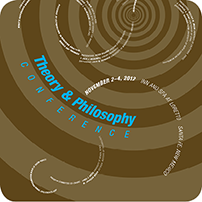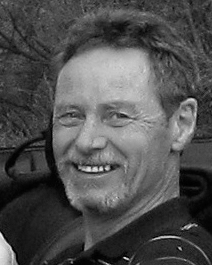Theories of Learning Are Necessary

Peter Killeen (retired)

Peter Killeen received his doctorate in 1969 under the furrowed brows of Howard Rachlin, Dick Herrnstein, and B. F. Skinner. He then absconded to Arizona State University-previously known as "Fort Skinner in the Desert." His research involved choice behavior, schedule-induced activities such as polydipsia, models of reinforcement schedules, timing, and delay discounting (additive utility model). He has received numerous reinforcers including the Woodrow Wilson Graduate Fellowship, Graduate Student Faculty of the Year, the Poetry in Science Award, and the F. J. McGuigan Lectureship on Understanding the Human Mind. He also served as a resident of the Society of Experimental Psychologists, the Society for the Quantitative Analysis of Behavior, and of the third International Seminar on Behavior. He received the Hilgard Award for the Best Theoretical Paper on Hypnosis and was featured on the "Faculty of 1,000" website (www.f1000.com) for a paper on attention deficit hyperactivity disorder. Additionally, he was covered in the "Emerging Research Front" feature on Thomson Reuters Sciencewatch for his work in inferential statistics (statistical hypothesis inference tests). Retired from teaching and administration, he continues his research on tobacco addiction, ADHD, and schedule effects and continues to mentor graduate students. He enjoys hiking in the desert mountains and admiring his grandkids.
Abstract: Skinner's famous article, "Are Theories of Learning Necessary?" was provocative and elliptical. The answer to his title becomes obvious when the ellipses are resolved: ... Necessary for a Science of Behavior? His own life work, in particular his three-term contingency, provided an important start on such a theory. In this talk, Skinner's work is embedded in the Aristotlean causal framework that stipulates the four questions we must answer for a complete explanation-for a complete theory-of a phenomenon; and the fifth that is entailed in the case of a dynamic process such as learning. Skinner provided two of those answers, and repudiated the others as wrong because they are extra-dimensional. This talk reasserts those questions and discusses the techniques that may be used to determine the adequacy with which provisional answers to the questions accord with the phenomenon under study. The approach is exemplified with the work of some of the participants of this conference.